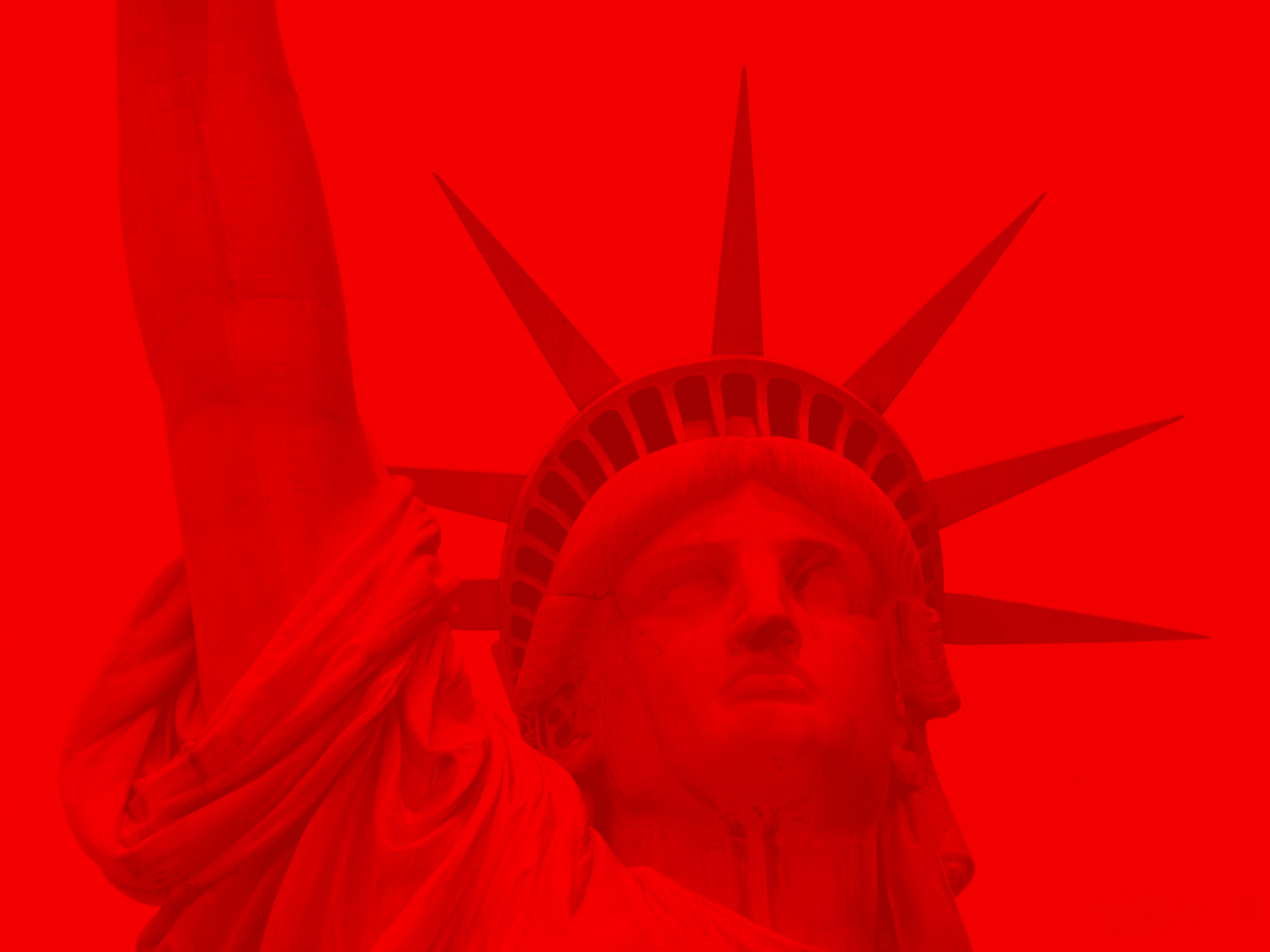Former UK Prime Minister Liz Truss offers a stark diagnosis of Britain’s political malaise: the country’s problems are rooted in structure, not personnel. In a wide-ranging discussion in London, she argues that civil servants, courts, and politically influenced policing have made the country largely ungovernable on core issues such as borders, crime, and culture. Her prescription is equally bold: reform the rules, strengthen executive power, and confront both China and Islamism with strategic clarity.
The Blob
Truss argues that ministers do not truly control Britain. Permanent civil servants, independent quangos, and senior judges dominate policy execution, creating a system where elected officials see only the information these elites choose to present. She describes this bureaucracy as “the blob,” encompassing Whitehall, the Bank of England, the BBC, universities, and major finance. Its priorities, she suggests, favor net-zero policies, higher migration, expanded government, and progressive social agendas.
The result, Truss contends, is a democracy where elections change faces rather than outcomes. Ministers spend much of their time responding to lawsuits, judicial vetoes, and internal bureaucratic controls instead of implementing mandates. This systemic capture, she says, explains persistent failures from mass migration mismanagement to long-neglected grooming-gang crimes.
Borders and Law Enforcement
Truss highlights the migration system as a key symptom of structural dysfunction. Millions entered under Conservative governments, she notes, often due to post-Brexit salary thresholds being too low and policies allowing international students to bring multiple dependents, which inflated numbers beyond official forecasts. Beyond these administrative miscalculations, she sees deeper issues in long-standing legal frameworks: the Human Rights Act and judicial reforms from 1997–2010 that limit ministerial authority.
Crime, she argues, illustrates the problem vividly. Petty theft, stabbings, and sexual offenses continue to rise, while street-level warnings and signs serve more to document than deter criminal activity. Policing, constrained by operational independence and ideological guidance, often prioritizes politically sensitive cases over everyday crime. Truss advocates making chief constables directly accountable to ministers, restoring a powerful Lord Chancellor, and repealing legal constraints that inhibit decisive law enforcement. She also calls for stricter limits on chain migration and student-dependent visas, which she argues sustain foreign networks within British towns.
Truss differentiates between illegal and legal migration. Illegal migration requires stronger enforcement mechanisms, legal reforms, and effective deportation schemes to prevent misuse of human rights laws. Legal migration also poses challenges: chain migration, excessive student dependents, and family reunification have led to demographic shifts and the creation of communities that she considers inconsistent with traditional British culture. She also highlights concerns about dual and triple nationality and suggests the UK could learn from policies in Germany to maintain national cohesion.
Culture and Strategic Threats
Underlying policy failures, Truss argues, is a cultural struggle. She characterizes modern wokeism, environmental absolutism, and soft Keynesian policies as components of a broader project that undermines nationhood, family, and individual responsibility. Core societal truths, from biological sex to national history, are increasingly contested, prompting a visible Christian revival among younger Britons as a countermovement to radical Islam and cultural erosion.
Globally, Truss sees China as the principal strategic threat, citing its influence operations across media, academia, and business, as well as indirect support for Islamist groups aiming to weaken the West. Closer to home, she identifies Islamism as the most immediate danger, evidenced by street-level intimidation, pro-Palestinian protests, and political infiltration.
Restoring Governability
Truss emphasizes that willpower alone cannot overcome structural barriers. Current laws, judicial oversight, and civil service independence prevent ministers from acting decisively on issues such as border enforcement, deportation, and crime prevention. She argues that reclaiming the levers of government is the prerequisite for meaningful reform: rewriting laws, insulating executive action from constant judicial veto, restoring ministerial authority, and reinforcing cultural coherence. Without these foundational changes, even a determined prime minister would struggle to turn electoral mandates into effective policy.


